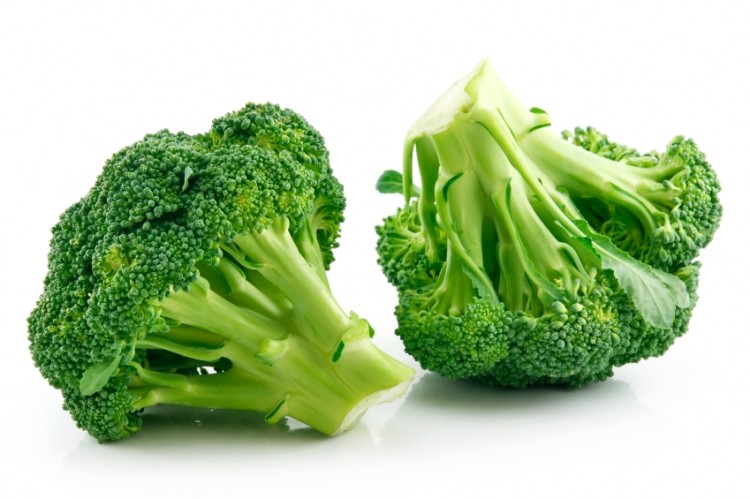Customers won't eat your greens? It’s all their genes

A specific gene makes certain compounds taste bitter, which may make it harder for some people to add heart-healthy vegetables to their diet, according to a study.
“Your genetics affect the way you taste, and taste is an important factor in food choice,” said Jennifer L. Smith, Ph.D., R.N., study author and a postdoctoral fellow in cardiovascular science at the University of Kentucky School of Medicine in the US. “You have to consider how things taste if you really want your patient to follow nutrition guidelines.”
‘Super-tasters’ are super-sensitive to taste of vegetables
According to the study, everyone inherits two copies of a taste gene called TAS2R38. People who inherit two copies of the variant called AVI aren’t sensitive to bitter tastes from certain chemicals. Those with one copy of AVI and another called PAV perceive bitter tastes of these chemicals. However, individuals with two copies of PAV, often called “super-tasters,” find the same foods exceptionally bitter.
“We’re talking a ruin-your-day level of bitter when they tasted the test compound. These people are likely to find broccoli, Brussels sprouts and cabbage unpleasantly bitter; and they may also react negatively to dark chocolate, coffee and sometimes beer,” Smith said.
The researchers analysed food-frequency questionnaires from 175 people (average age 52, more than 70% female) and found that people with the PAV form of the gene were more than two and a half times as likely to rank in the bottom half of participants on the number of vegetables eaten. Bitter-tasting status did not influence how much salt, fat or sugar the participants ate.
Sugar and salt can’t offset the bitter taste
The researchers said they hope to learn more from this type of genetic research to help people with aversions to certain foods eat more vegetables in the future.
“We thought they might take in more sugar and salt as flavour enhancers to offset the bitter taste of other foods, but that wasn’t the case. Down the road we hope we can use genetic information to figure out which vegetables people may be better able to accept and to find out which spices appeal to supertasters so we can make it easier for them to eat more vegetables,” Smith said.
The preliminary research will be presented at an American Heart Association conference in Philadelphia this month.
Co-authors are Steven Estus, Ph.D.; Terry A Lennie, Ph.D., R.N.; Debra K Moser, Ph.D., R.N.; Misook Lee Chung, Ph.D., R.N.; and Gia Mudd-Martin, Ph.D., M.P.H., R.N.























